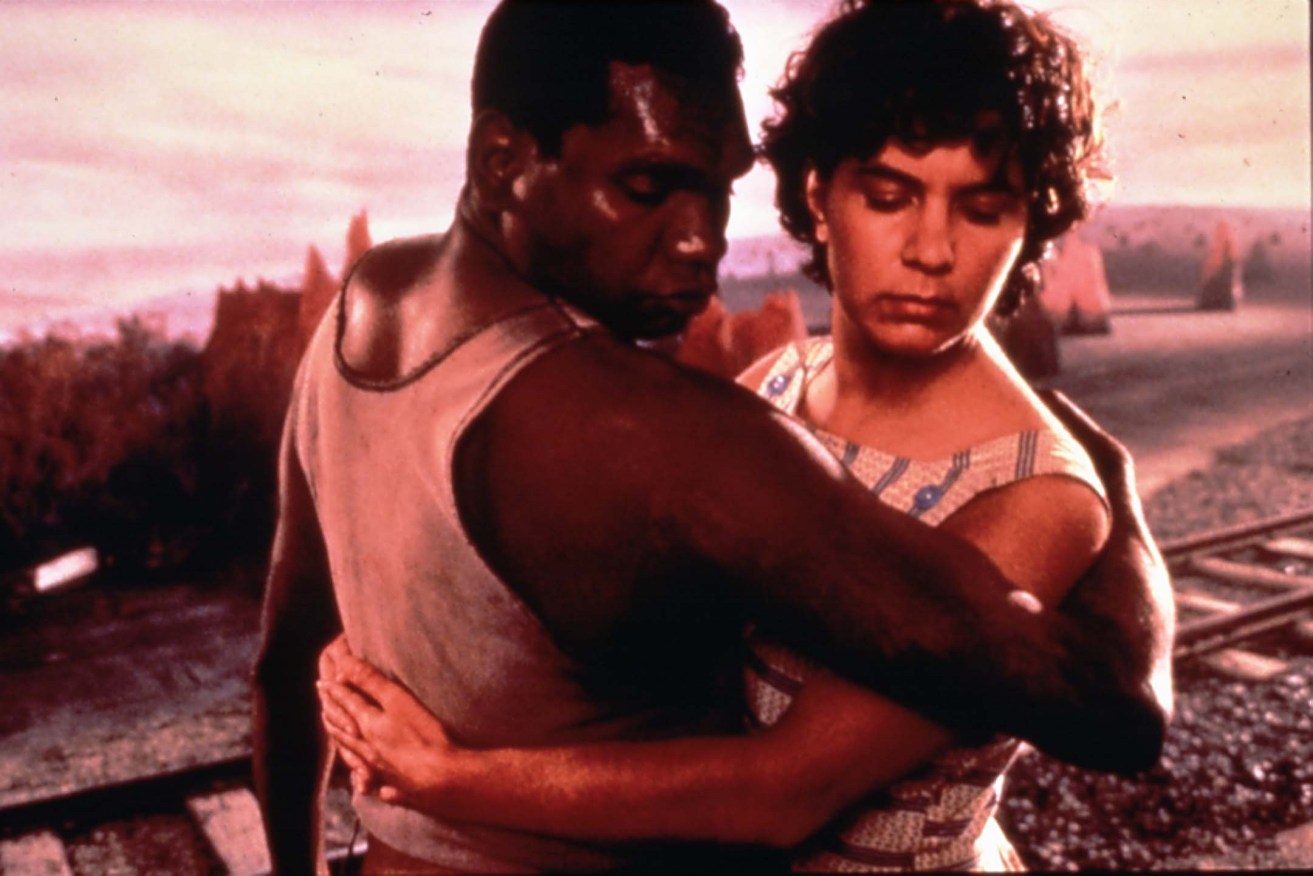Closing in on a progressive cultural Australia
Art Gallery director Nick Mitzevich considers the nature and identity of Australian art in the 21st century.

A scene from Tracey Moffatt's 1993 feature, Bedevil.
Writing this on Australia Day, I’ve just heard that artist Tracey Moffatt has been awarded the Order of Australia for distinguished service to the arts as a photographer, filmmaker and role model to Indigenous artists.
For many years Moffatt has shared her time between New York and Australia and has recently been selected to represent Australia at the 2017 Venice Biennale, the world’s greatest art accolade. Moffatt will be the sole artist exhibiting at the Australian Pavilion, an honour bestowed upon Adelaide based artist Fiona Hall in 2015 (the subject of my June 2015 column, SA at the Olympics of the art world).
Born in Brisbane in 1960, Moffatt has been included in more than 100 art exhibitions in Australia and abroad including exhibitions at the Museum of Modern Art in New York, the Tate in London and the National Gallery of Australia in Canberra. In recent years her international profile has threatened to eclipse her profile here. Her stellar career could be seen to evidence what Prime Minister Malcolm Turnbull claimed in his 2016 Australia Day speech as the successful overthrowing of the tyranny of distance. Much is made of this in the art world, with a frequent claim to an increasingly global art world where Australian artists, once isolated by geography, can now share a global stage.
But this globalism invites qualification as it is the decidedly Australian nature of Moffatt’s imagery, pervasive in her film work and in her photography, that has led to her international success. It is the melancholic theatre of the outback in Something More (the same sense of dramatic tension that brought Russell Drysdale international success mid last century) and the Albert Namatjira inspired palette of Night Cries that firmly position Moffatt within the canon of Australian art. I make this statement acknowledging that for many Aboriginal people being defined as ‘Australian’, particularly on Australia Day, is not without difficulty or discomfort.
Moffatt has been vocal in her rejection of the art world’s tendency to position her work exclusively through the lens of Aboriginal art. Many have misread this as Moffatt’s rejection of her indigeneity. Her position, however, actually champions the need for Aboriginal art to be part of a broader, global conversation.
As former Prime Minister Paul Keating said at the opening of Tarnanthi, the inaugural Festival of Aboriginal and Torres Strait Islander Art here in Adelaide:
My great hope is that over the next half century or so, Aboriginal art will become so integral and so central to Australian art and representation, that it will require no separate showing…. Indeed, in a society like this, even to be known as an Aboriginal artist is to be positioned, to be pigeon-holed.
Have we finally caught up with Moffatt’s progressive positioning of Aboriginal art and experience as being part of, not separated from, a national and international art world? Does this signal a new found maturity for the nation – one where artists can finally have multiple citizenships? Where they can be citizens of a nation and the globe at once?
Artists have always run ahead of the pack. They are often the first to respond to the brave new world unfolding before us and they can help us to face the future. Australia just needs to look and listen.
Nick Mitzevich is Director of the Art Gallery of South Australia. He is a regular contributor to InDaily and an archive of his columns can be found here.




